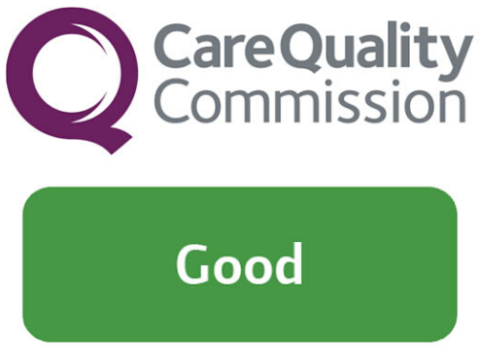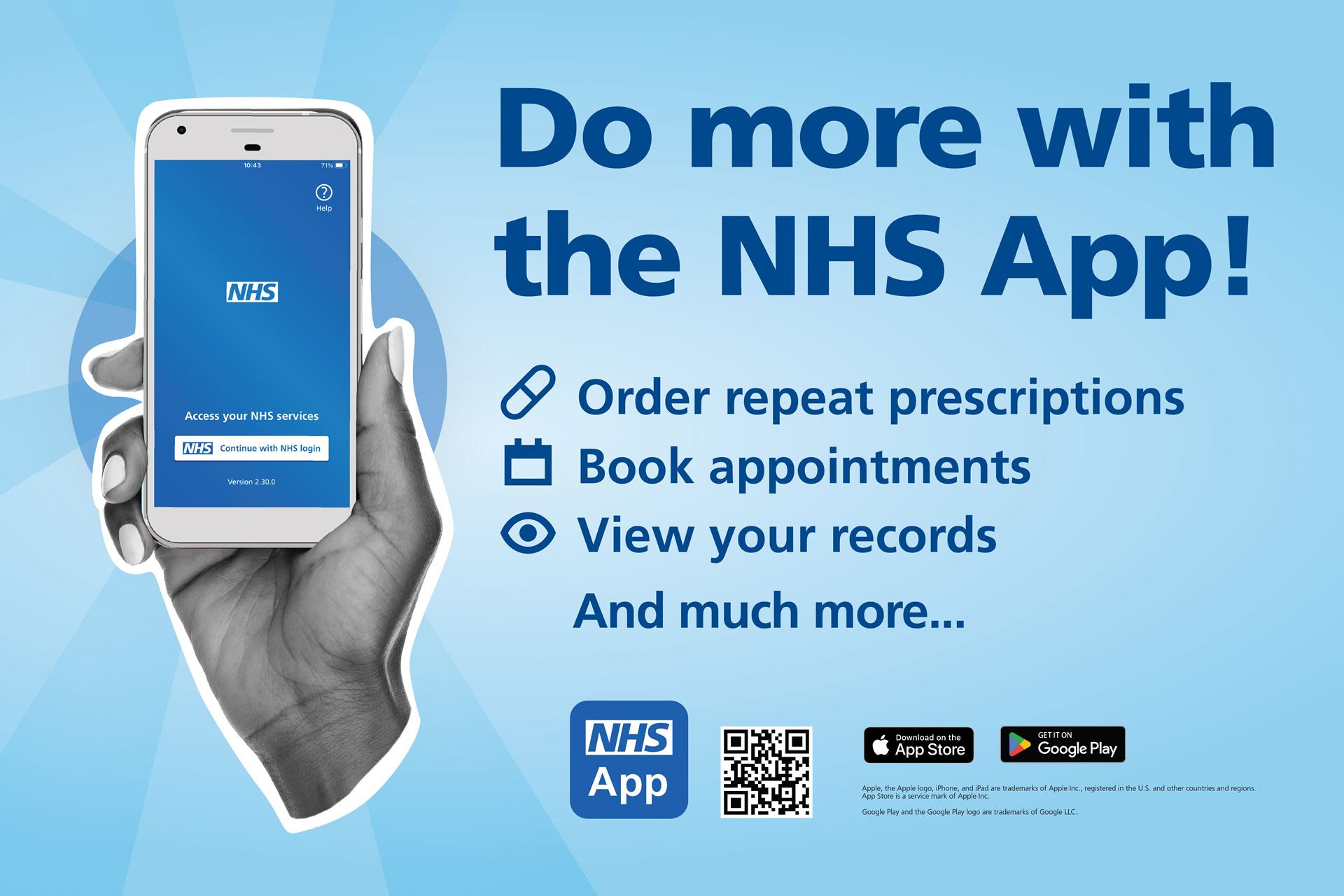Lifestyle during pregnancy
Smoking
If you smoke and you are pregnant, you are strongly advised to stop smoking. This is to benefit your health, and the health of your baby. Tobacco smoke contains poisonous chemicals which pass into your bloodstream when you smoke, and then on into the growing baby's blood. Smoking when you are pregnant increases the risk of miscarriage, slow growth of the baby leading to a low birth weight, premature labour and stillbirth.
Even after the birth, children of smoking parents have an increased risk of developing chest infections, asthma, glue ear, and cot death (sudden infant death syndrome).You and your baby will get most benefit, and the risks will be most reduced, if you stop before you become pregrant. Planning to become pregnant is a good incentive to stop smoking for many women, and is often a good time to persuade partners to give up too.
However, your baby will still gain some benefit if you stop at any point during pregnancy.
For many people it is not easy to stop. Below are some tips which may help:
• Write a list of all the reasons why you want to stop, and keep them with you. Refer to them when you are tempted to light up.
• Set a date for stopping, and stop completely. (Some people prefer the idea of cutting down gradually. However, research has shown that if you smoke fewer cigarettes than usual, you are likely to smoke more of each cigarette, and nicotine levels remain nearly the same. Therefore, it is usually best to stop once and for all from a set date.)
• Tell everyone. Friends and family often give support and may help you.
• Get rid of ashtrays, lighters, and all cigarettes.
• Be prepared for some withdrawal symptoms. When you stop smoking, you are likely to get symptoms which may include: nausea (feeling sick), headaches, anxiety, irritability, craving, and just feeling awful. These symptoms are caused by the lack of nicotine that your body has been used to. They tend to peak after 12-24 hours, and then gradually ease over 2-4 weeks.
• Be aware of situations in which you are most likely to want to smoke (for example, the pub). Try changing your routine for the first few weeks. If drinking tea and coffee are difficult times, try drinking mainly fruit juice and plenty of water.
• Take one day at a time. Mark off each successful day on a calendar. Look at it when you feel tempted to smoke, and tell yourself you don't want to start all over again.
• Be positive. You can tell people that you don't smoke. You will smell better. After a few weeks you should feel better, taste your food more, and cough less. You will have more money.
• Food. Some people worry about gaining weight when they give up smoking, as the appetite may improve. Anticipate an increase in appetite, and try not to increase fatty or sugary foods as snacks. Try sugar-free gum and fruit instead.
• Don't despair if you fail and have a cigarette. You don't have to start smoking again. Pick yourself up and try again. Examine the reasons why you felt it was more difficult at that particular time. It will make you stronger next time.
There are also medicines available to help you quit.
Nicotine replacement therapy (NRT): this can help if withdrawal symptoms are troublesome. Nicotine gum, sprays, patches, tablets, lozenges, and inhalers are available to buy, and on prescription. Using one of these increases your chance of stopping smoking if you really want to stop. A pharmacist, GP, or practice nurse can advise about NRT.
If you are pregnant, you can consider using NRT. NRT is a medicine and may have effects on the baby. But, many people argue that NRT is safer than smoking as, unlike smoking, NRT just gives you nicotine. Smoking gives you nicotine plus a lot of toxic chemicals. So, if NRT does enable you to stop smoking, it may be worthwhile to take it even if you are pregnant.
There are other medicines available but these can only be used BEFORE you become pregnant. They are called bupropion (trade name Zyban®) and varenicline (trade name Champix®). You should not take these medicines when you are pregnant, as the risk to the unborn child is not known.
GPs, practice nurses, or pharmacists can provide information, encouragement, and tips on stopping smoking. Also, throughout the country there are specialist NHS Stop Smoking Clinics which have good success in helping people to stop smoking. Your doctor may refer you to one if you are keen to stop smoking.
Alcohol
Women who are pregnant should not drink alcohol. The reason for this is that alcohol can cause damage to a developing baby. Alcohol gets to a baby through the placenta if a pregnant woman drinks alcohol. A baby cannot process alcohol very well. So, any alcohol in your baby stays in their body much longer than in you. This is known to be a risk for causing serious problems. For example, studies have shown that:
• Pregnant women who drink more than 15 units a week have an increased risk of having a baby with a low birth weight.
• Pregnant women who drink more than 20 units a week have an increased risk of having a baby with some damage to the brain, causing impaired intellect.
• Pregnant women who drink very heavily risk having a baby with fetal alcohol syndrome. Babies with this syndrome have brain damage, a low birth weight and facial malformations.
However, there has been debate over the years as to whether small amounts of alcohol are safe to drink during pregnancy. Also, if there is a time of pregnancy when alcohol is most likely to cause harm. But, recent research supports the advice of not drinking any alcohol whilst pregnant.
For the sake of your baby's health if you are already dependent on alcohol, you should be open and honest about the amount you drink. Once you are pregnant, many different people may offer you support, including doctors, midwives, social workers and counsellors. This can become confusing but, if you regularly keep in touch with one healthcare professional (usually your midwife or GP), they should be able to make sure that you are not bombarded with too many unnecessary appointments.
Note: one unit of alcohol is in about half a pint of beer, or two thirds of a small glass of wine, or one small pub measure of spirits. See separate leaflet called Alcohol and Sensible Drinking for details.


